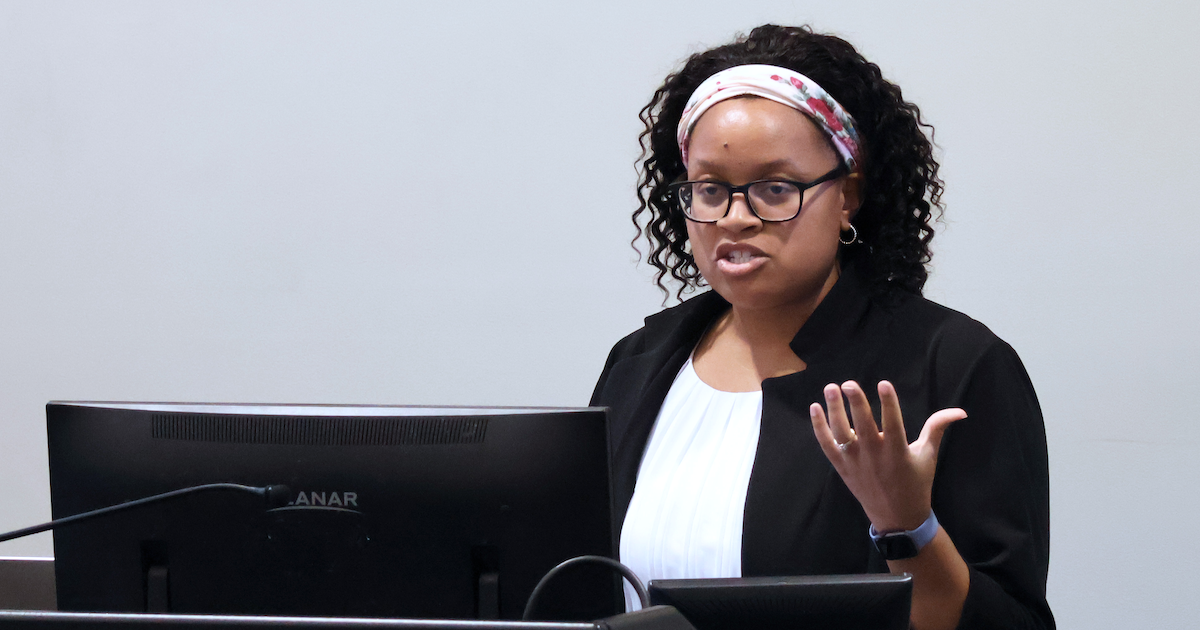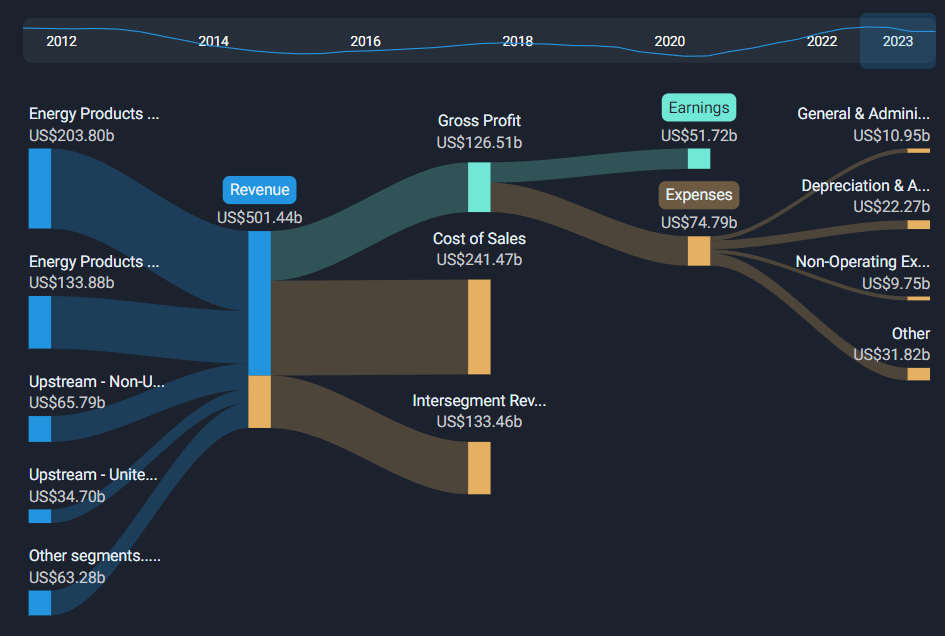Breaking: Feminist Finance Unraveled by Clemson Scholar During Women's History Month Talk
Finance
2025-03-27 20:08:41Content

In a thought-provoking lecture at Presbyterian College, Dr. Kathryn Wiley challenged the core assumptions of the contemporary feminist finance movement. The Clemson University interdisciplinary studies professor delivered a nuanced critique that exposed potential contradictions within the current approach to women's financial empowerment.
During her Wednesday night presentation, The Dollar and the Damsel: The State of Modern Feminist Finance, Dr. Wiley argued that many feminist financial strategies paradoxically reinforce the very systemic barriers they aim to dismantle. Her incisive analysis suggests that the movement's current tactics may be more performative than transformative.
By dissecting the underlying mechanisms of financial empowerment, Dr. Wiley highlighted the complex dynamics that continue to marginalize women in economic spaces. Her lecture invited audience members to critically examine the strategies and narratives surrounding feminist financial discourse.
The event underscored the need for a more radical and comprehensive approach to addressing gender inequities in financial systems, challenging listeners to look beyond surface-level solutions and imagine more fundamental structural changes.
Unraveling the Paradox: Feminist Finance and Its Hidden Contradictions
In the complex landscape of modern financial discourse, a critical examination of feminist finance reveals profound tensions between revolutionary aspirations and systemic reinforcement. The intersection of gender, economics, and social critique presents a nuanced terrain where traditional narratives are challenged and reconstructed.Challenging the Status Quo: A Deep Dive into Financial Empowerment Myths
The Illusion of Financial Liberation
Contemporary feminist financial discourse often presents itself as a transformative movement, promising to dismantle patriarchal economic structures. However, beneath this progressive veneer lies a more complicated reality. Scholars like Dr. Kathryn Wiley argue that many feminist financial approaches paradoxically perpetuate the very systems they claim to deconstruct. The current narrative of financial empowerment frequently relies on traditional capitalist frameworks, encouraging women to succeed within existing economic paradigms rather than fundamentally reimagining them. This approach creates a superficial sense of progress while maintaining underlying structural inequalities that have long marginalized women's economic experiences.Deconstructing Institutional Financial Narratives
Financial institutions have strategically co-opted feminist language, creating a veneer of inclusivity that masks deeper systemic issues. Marketing campaigns celebrate individual success stories while obscuring the structural barriers that prevent widespread economic equity. This performative approach transforms feminist critique into a consumable product, effectively neutralizing its transformative potential. Women are increasingly encouraged to adopt aggressive investment strategies and competitive financial behaviors traditionally associated with masculine economic models. This assimilation suggests that true empowerment means mimicking existing power structures rather than creating genuinely alternative economic frameworks.The Complexity of Economic Intersectionality
Genuine financial feminism must recognize the multifaceted nature of economic marginalization. Race, class, educational background, and geographic location intersect with gender to create nuanced economic experiences that cannot be addressed through simplistic, one-size-fits-all approaches. The current feminist finance movement often represents a narrow perspective, predominantly reflecting the experiences of middle-class, educated women. This limited viewpoint fails to address the complex economic challenges faced by women from diverse backgrounds, particularly those experiencing multiple layers of systemic discrimination.Reimagining Economic Empowerment
True financial liberation requires a radical reimagining of economic relationships. Instead of merely seeking individual success within existing systems, feminist economic thought must develop holistic approaches that challenge fundamental assumptions about value, labor, and economic exchange. Collaborative economic models, community-based financial networks, and alternative valuation systems offer promising pathways. These approaches prioritize collective well-being over individual accumulation, presenting a more transformative vision of economic justice that extends beyond traditional capitalist frameworks.The Role of Critical Scholarship
Academic research plays a crucial role in exposing the limitations of current feminist financial narratives. Scholars like Dr. Wiley provide essential critical analysis, revealing the complex mechanisms through which seemingly progressive movements can inadvertently reinforce existing power structures. By maintaining a rigorous, nuanced approach to economic critique, researchers can help develop more sophisticated understandings of financial empowerment that genuinely challenge systemic inequalities.RELATED NEWS
Finance

Market Jitters: Asian Stocks Waver on Trade Tensions and Looming US Jobs Data
2025-03-07 05:12:23
Finance

Far East Orchard's Financial Rollercoaster: Earnings Dip Signals Challenging Year Ahead
2025-03-02 02:57:37
Finance

Sky Warriors: A Marine Pilot's Bold Prediction for Defense Technology's Next Frontier
2025-04-18 21:00:00





